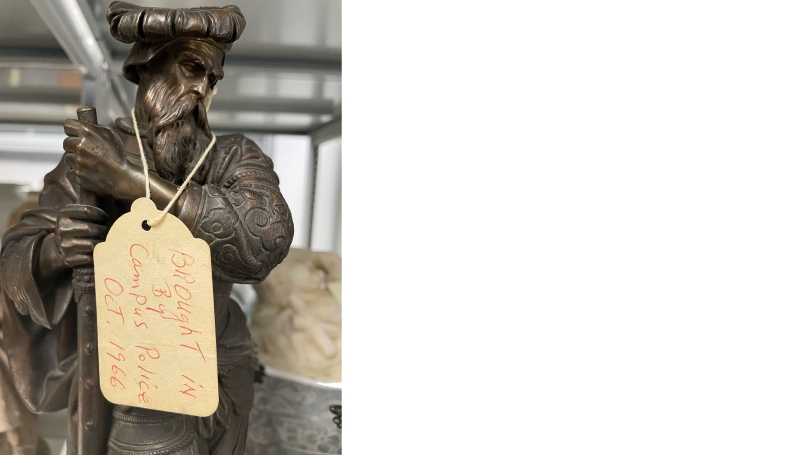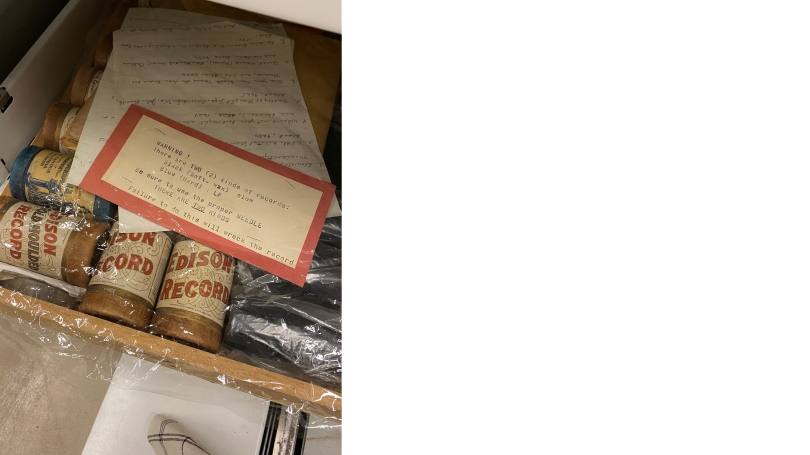Overview
Institutions such as museums, libraries, and archives have a mission to preserve, interpret, and disseminate cultural heritage. In addition to new acquisitions for their collections, these institutions must also update the tools with which researchers access and study these holdings, objects, and works of art. Increasingly, stakeholders like academics, educators, and the public treat a collection's digital representation–its metadata records–as an entry point for discovery. Paradoxically, these web-based experiences meant to expose collections to broad audiences often assume users have specialized knowledge of the terms and processes GLAM (Galleries, Libraries, Archives, and Museums) institutions use to describe their own work, making them inaccessible to the majority of visitors. Additionally, variation and evolution of language often outpaces or does not align with public understanding. For example, someone interested in 17th-century Dutch art might not know that the phrase "Dutch Golden Age" has colonialist implications and has been removed from many museums' internal databases. The search language isn't wrong, it's just outmoded.
The Hood Museum of Art and Dartmouth Research Computing are organizing a virtual symposium to bring together museums, libraries, and archives to discuss issues of access and ethical vocabularies in cultural heritage. The aim of the virtual conference is to develop the debate about how the language we use to describe collections impacts the communities that create and seek out art.. The organizers hope to prompt dialogue on the issues curators and researchers face in trying to maintain equitable and anti-racist progress and research. Additionally, this symposium will emphasize the role of technologists who specialize in user-centered design as critical to promoting equity in information systems. In combining subject-matter specialists and user-centered design technologists, we aim to bridge the communication gap between institutions and the publics they serve, allowing each to educate the other about how they describe collections.
The virtual conference, to take place February 22–24, 2023, will feature panels, workshops, and roundtables from different institutions around the world.
Potential session types include 30-minute papers or case studies, 60-minute panels or roundtables, and 90-minute extended topic workshops. Three to four sessions would take place each day, scheduled to include participants in different time zones and augmented by asynchronous conversations on Slack. Participants who sign up but cannot watch in real time will have access to the recorded sessions, available on the Hood Museum's YouTube channel with speakers' consent.
Symposium Information
February 22–24, 2023
Compensation
The symposium is free to attend. Speakers will be compensated at the rate of $250 per person.
Types of Panels
- Paper, poster, or case study (20 minute presentation with 10 minute Q&A)
- Roundtable or panel discussion (45-50 minute presentation with 10 minute Q&A)
- Extended discussions and workshops (90 minute participatory session with 5-10 minute break, for ideation, brainstorming, cross-pollination)
- "Other" (if there's a session you would like to submit that doesn't fit the above criteria: prototyping, hackathon/datathon)
Organizers
Meredith Steinfels, Assistant Director, Digital Platforms, Media, and Archives
John Bell, Program Director, Data Experiences and Visualizations Studio
Ashley Offill, Associate Curator of Collections
Elizabeth Rice Mattison, Andrew W. Mellon Associate Curator of Academic Programming
Application Requirements
- Short CV of session organizer and paper presenters (max 3 pages)
- Brief bio of all session participants (100 words each)
- For a paper or case study:
- 300 word abstract
- For a roundtable, complete panel, "other," or workshop:
- Session description (300 words)
- Names of participants
- Intended audience(s) (100 words)
- Desired outcomes and takeaways (200 words)
- If Zoom is not the right platform, what is your preferred mode of communicating? (e.g., Discord)
- Other technological needs/specific support
- For "other"
- 300 words or less on session type and additional outcomes
Means of Submission
Click here to submit.
Please do not send submission materials directly to any of the conference organizers.
Deadlines
Session submission: August 31, 2022
Approval and feedback: October 3–7, 2022
Questions?
Contact Meredith.L.Steinfels@dartmouth.edu with any questions about the symposium.

